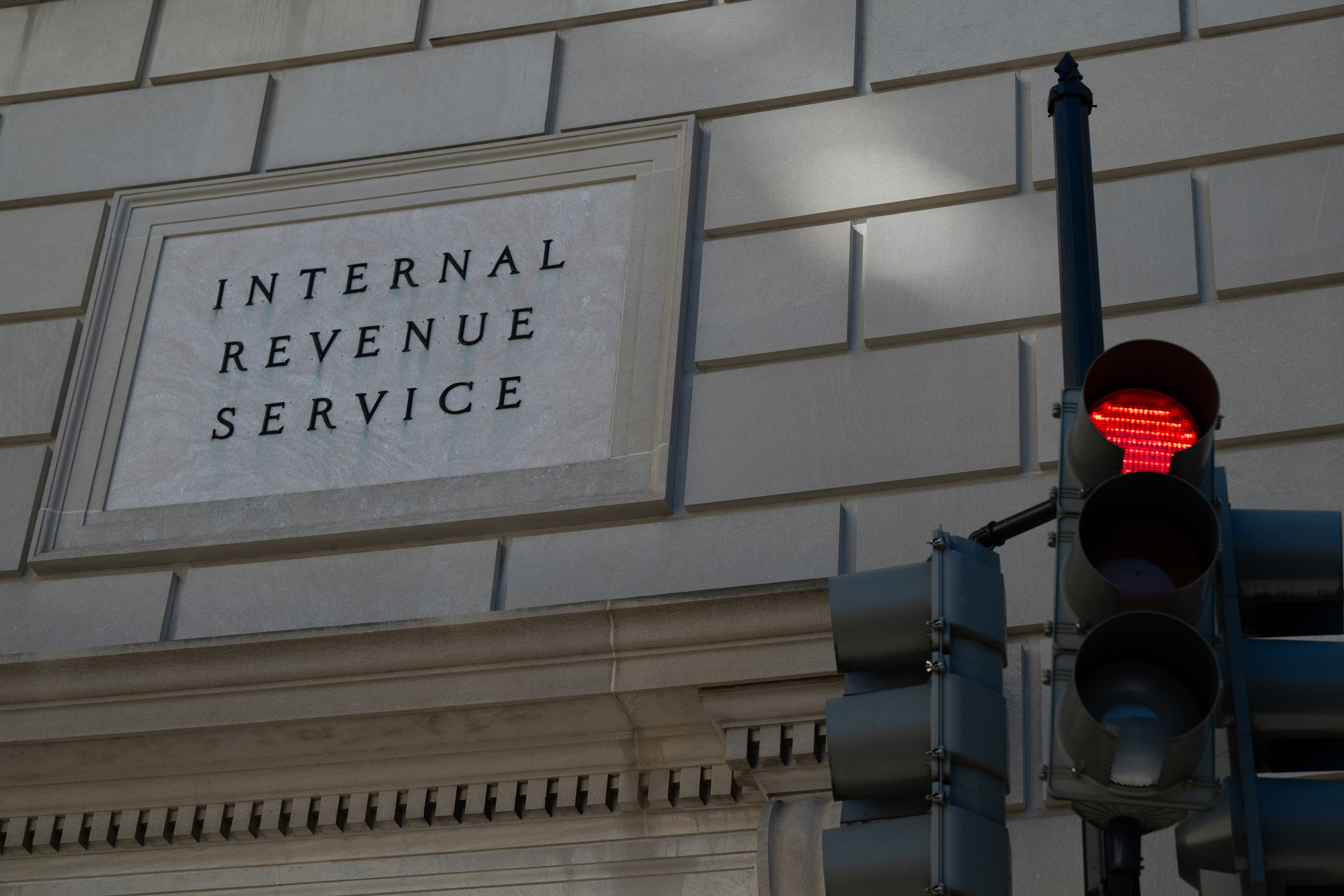Under a new federal rule, DACA (Deferred Action for Childhood Arrivals) recipients became ineligible to enroll in Affordable Care Act Marketplace coverage (with or without subsidies), effective August 25, 2025. The change will result in the disenrollment of an estimated 10,000 people from Marketplace plans and 1,000 from Basic Health Program coverage.
DACA recipients will be disenrolled from Marketplace and BHPs
The Department of Health and Human Services finalized a rule in June 2025 that eliminates DACA recipients’ eligibility to use the Marketplace. Under the rule, DACA recipients were no longer eligible to enroll in Marketplace coverage starting August 25, 2025. DACA recipients already enrolled in Marketplace plans (or Basic Health Program – or BHP – coverage) will be disenrolled as of October 1, 2025 (September 30 will be the last day of coverage) in states that use HealthCare.gov as their Marketplace.
However, some state-run Marketplaces, including those in California and Pennsylvania, announced that they would disenroll DACA recipients as of August 31. So there could be some variation in the coverage end date, depending on location.
DACA eligibility for Marketplace and subsidies
Ever since the ACA Marketplaces opened in 2013, they could be used by American citizens as well as lawfully present immigrants. But although DACA recipients are considered lawfully present for some purposes, they were not allowed to enroll in coverage through the federally run HealthCare.gov Marketplace platform or most of the state-run health insurance Marketplaces.
The Biden administration adopted federal rules to allow DACA recipients to enroll in Marketplace coverage nationwide, with income-based subsidies, starting in November 2024.
But 19 states challenged the rule change in court, and a federal judge blocked the rule allowing Marketplace access for DACA recipients in those 19 states.
In the rest of the country, DACA recipients continued to have access to Marketplace plans and subsidies. That has changed, however, due to the federal rule finalized by the Trump administration in June 2025.
Who are DACA recipients?
The Deferred Action for Childhood Arrivals program was created in 2012 to protect young people who had arrived in the United States as children without proper immigration paperwork. The program temporarily protects them from deportation and allows them to work in the U.S. but does not grant them lawful status in the U.S. DACA recipients must renew their DACA status every two years.
As a result of a 2023 court order, U.S. Citizenship and Immigration Services is no longer processing initial DACA applications. But the agency is continuing to process renewal applications for people who received their DACA status before July 16, 2021.
All DACA recipients are undocumented immigrants who came to the United States when they were children. They are commonly referred to as “Dreamers,” though most Dreamers are not enrolled in DACA. Although an estimated 3.6 million Dreamers are living in the U.S., only about 530,000 of them are DACA recipients.
Dreamers who are not enrolled in DACA did not gain access to the health insurance Marketplaces under the 2024 federal rule change.
The term “Dreamers” comes from the DREAM Act (Development, Relief and Education for Alien Minors Act), which would have given legal status to all eligible individuals who arrived in the U.S. as children without documentation. This legislation was first introduced in Congress in 2001 and has been reintroduced numerous times since then, but has never passed.
Can DACA recipients enroll in Basic Health Program coverage?
Under the ACA, states have the option to create a Basic Health Program (BHP), although only three have done so (New York, Minnesota, and Oregon), and New York’s BHP has since been converted to a different program with a higher income limit. A BHP provides coverage, with zero or low premiums, to people who don’t qualify for Medicaid and whose household income is up to 200% of the federal poverty level.
(New York officials announced in September 2025 that they plan to revert to the BHP model starting in mid-2026, due to federal funding cuts that make it impossible for the state to continue to offer the program to those with higher incomes.)
The 2024 federal rule change allowed DACA recipients to enroll in BHP coverage starting in November 2024, and the administration projected that roughly 1,000 DACA recipients would qualify for BHP coverage under the new rule.
But from a consumer perspective, Oregon was the only state where DACA health insurance eligibility rules for BHP coverage changed in November 2024.
Minnesota had allowed DACA recipients to enroll in BHP coverage since 2017, using state funds to provide the coverage. The 2024 federal rule change meant that from November 2024 through August 2025, Minnesota did not have to fully fund BHP coverage for DACA recipients, but it didn’t change anything about enrollees’ eligibility for coverage. And MinnesotaCare confirmed that nothing will change about DACA recipients’ access to coverage under the 2025 federal rule change. DACA recipients will not lose MinnesotaCare coverage.
New York began allowing DACA recipients to enroll in Essential Plan coverage (the state’s former BHP) in August 2024, under the terms of a 1332 waiver amendment. Since that program is no longer a BHP, the termination of DACA eligibility for Marketplace and BHP coverage is not applicable in New York. This will change, however, starting in July 2026, when the Essential Plan reverts to being a BHP. At that point, unless New York uses state funds to cover DACA recipients, they will no longer be eligible for Essential Plan coverage once it’s a BHP again.
Oregon’s BHP, which became operational in July 2024, did not initially allow DACA recipients to enroll. That changed in November 2024 due to the new federal rule. But starting on August 25, 2025, DACA recipients were once again ineligible to enroll in BHP coverage in Oregon. Those already enrolled in Oregon BHP coverage will be disenrolled as of October 1, 2025. State Medicaid programs are typically funded with a combination of state and federal funds, but federal funds cannot be used to provide Medicaid to DACA recipients (or to any undocumented immigrants).
Can undocumented immigrants get health insurance?
The 2024 DACA health insurance rule change temporarily allowed DACA recipients to enroll in Marketplace health coverage and qualify for federal premium subsidies, but that ended on August 25, 2025. (As noted above, DACA recipients do not have lawful status in the U.S., but they are considered lawfully present for some purposes.)
But beyond that, federal funding cannot be used to provide health insurance for undocumented immigrants. And undocumented immigrants cannot enroll in coverage through the Marketplace unless a state has obtained federal permission to allow this. Washington has done so, and Colorado established a separate enrollment platform that undocumented immigrants can use although Colorado’s funding for this program is expected to drop significantly in 2026. (The anticipated funding cut could be partially offset due to legislation enacted during a special session in August 2025.) In January 2025, Maryland received federal approval to allow undocumented immigrants to use its state-run Marketplace starting in 2026, albeit without any subsidies.
Undocumented immigrants can obtain health coverage outside the Marketplace, either from an employer or directly purchased from an insurance company. And in some states, they can be eligible for state-funded Medicaid or similar coverage. But about half of all undocumented immigrants in the U.S. are uninsured.
Louise Norris is an individual health insurance broker who has been writing about health insurance and health reform since 2006. She has written hundreds of opinions and educational pieces about the Affordable Care Act for healthinsurance.org.



























